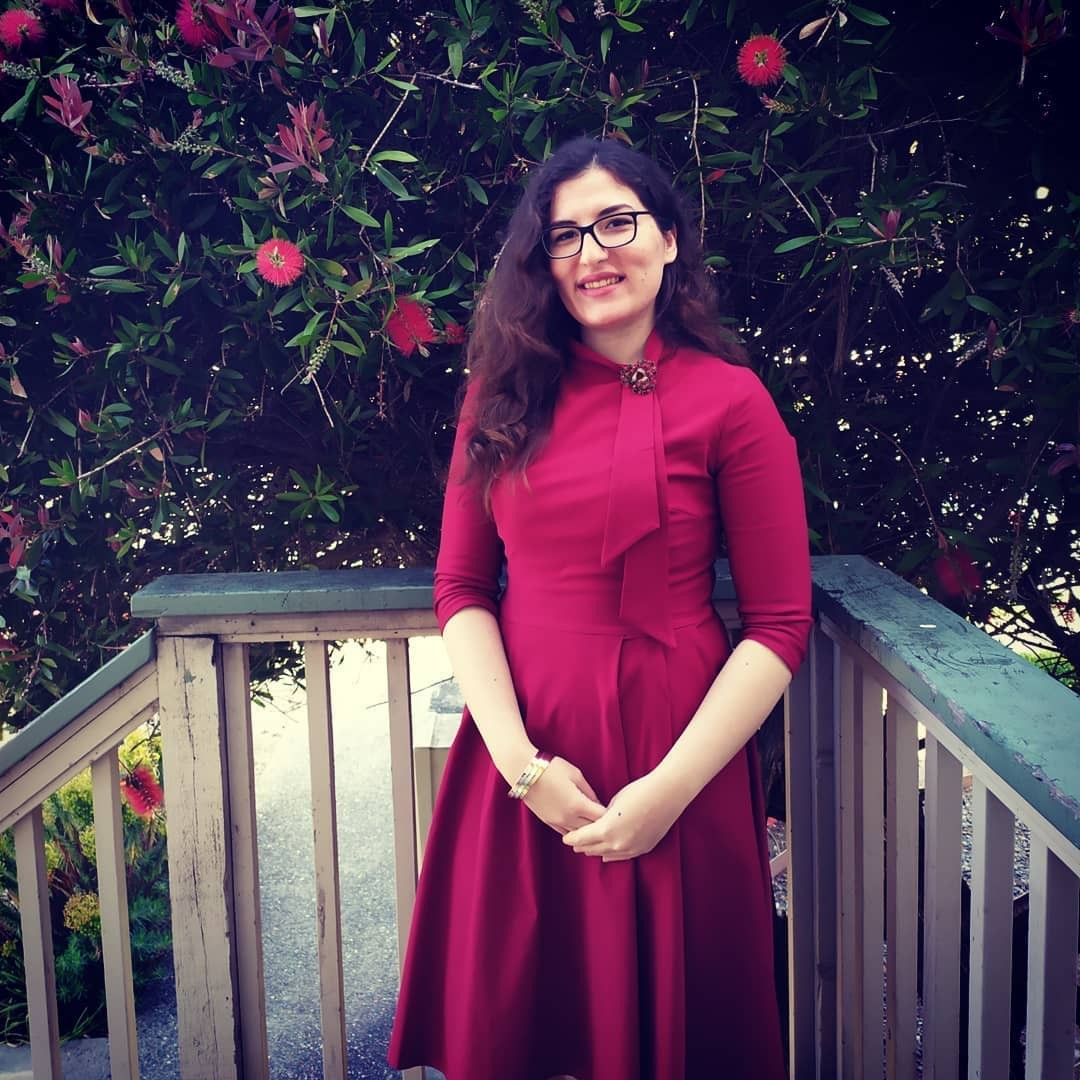Q&A with 2020 RCMF Fellow, Ozge Ozkan

Fadime Özge Özkan is a Nuclear Engineer and Research Assistant under the Nuclear Research Division of the Energy Institute at Istanbul Technical University. She is also a Ph.D. student in the Energy Science and Technology Division of the Energy Institute. She is currently working on research remotely at the Hudson Institute in Washington, DC.
What attracted you to apply for the Robin Copeland Memorial Fellowship?
“I had just earned my master’s in nuclear engineering from Istanbul Technical University when I learned about this opportunity. I immediately thought it would be a great experience to enhance my professional skills. As a nuclear engineer, I was extremely excited to connect my technical background with the policy side of nuclear security and nonproliferation. The two are very different, and it is not all that common for people from technical backgrounds to work on the policy side of nuclear security, so I was excited to take advantage of this opportunity.”
Your research project focuses on the security of spent nuclear fuel. What drew you to this topic?
“I knew I wanted to make the most of my time here in the U.S., so before choosing my research topic, I thought a lot about what was most unfamiliar to me. What did I want to learn more about? And how could I bring that back to Turkey? The security of spent nuclear fuel is a global issue and, unfortunately, under-researched. It requires international collaboration to develop solutions so that we do not leave it as a burden for the next generation. The most common practice is currently for countries to store the spent nuclear fuel in the country in which it was produced. As Turkey is a newcomer to the industry, I saw this as a unique opportunity to study the other methods being explored around the world and bring that – along with the knowledge I would gain from my time at the Middlebury Institute for International Studies and the Hudson Institute – back to Turkey.”
What will you take with you from your experience so far? What has this fellowship taught you?
“When COVID-19 hit and our stay at the Middlebury Institute was extended, CNS offered the opportunity to attend a week-long virtual International Safeguards Policy Course. Because the professors came from a variety of backgrounds, including nuclear engineers and physicists, they each provided a unique perspective on nuclear security and nonproliferation policy. I have also learned more about the importance of international collaboration in the field of nuclear security. Because of this, I have decided to broaden the scope of my capstone project to reach not only the nuclear security community within Turkey, but to make it available to people around the world who are interested in learning more about nuclear security, safety, and safeguards.
What are your plans for your capstone project when you return to Turkey?
“I will use the funds received from my fellowship to establish nuclear security training courses with my advisors at Istanbul Technical University. To start, we will focus on the local community by conducting activities in the local language, and then make the trainings available to people from other countries as well, so that we can collaborate and learn from each other. However, I do not plan to stop once my fellowship is complete. I will continue to use the network I acquired here to further nuclear security initiatives and educational programs. My instructors at Istanbul Technical University are creating the institution’s first course on nuclear security, so I hope to use the information I have learned here to help outline the curriculum. Together, with my mentor and my professors, I will use all that I have acquired through this fellowship to improve the nuclear security culture around us.”
What challenges have you faced as a woman studying nuclear engineering? What advice would you give to other women in STEMM fields?
“Women have many more opportunities in scientific fields than they used to, but we still face challenges. For example, women continue to carry the burden of feeling like they must choose between having a family and having a career. Though I had much support to study nuclear engineering, I did face some criticism as to whether or not I would land a job in the field. This needs to change, and to start that, we need to see more female leaders in the field. I encourage all women to work hard to break the barriers for other women and young girls. Talk to them. Push them to be better. Let them know that their value is enormous.”



